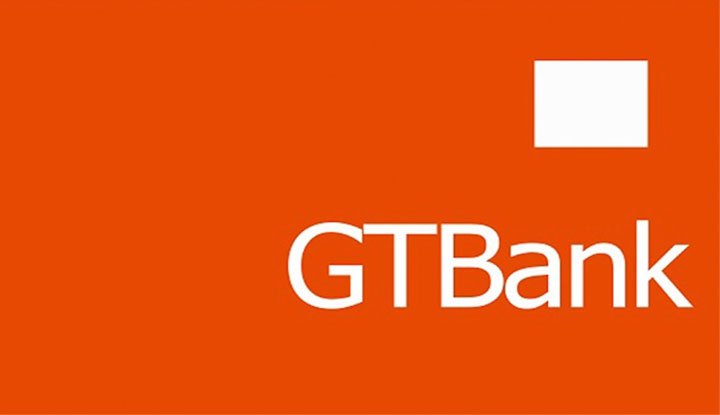Banking Sector
Guaranty Trust Holding Co. Surpasses Expectations with $468 Million Forex Windfall

Guaranty Trust Holding Co., the parent company of Guaranty Trust Bank, has exceeded all forecasts by revealing a $468 million windfall from its foreign exchange holdings.
This revelation has sent shockwaves through Nigeria’s financial sector, firmly establishing the institution as a standout performer in challenging economic times.
The company’s regulatory filing for the period ending June 30 revealed a foreign exchange gain of N357.5 billion naira or $468 million following the strategic revaluation of its overseas assets in response to the naira’s 40% depreciation.
This change in forex policy has catapulted the bank’s profit to 278.5 billion naira, representing a threefold increase.
Nigeria’s bold decision to weaken the naira in mid-June as part of a comprehensive plan to attract foreign investments and breathe life into the nation’s struggling economy has played a pivotal role in this remarkable success story.
While the naira’s depreciation has presented challenges to various sectors, it has favored financial institutions with substantial overseas assets.
In stark contrast, manufacturers have grappled with losses attributed to foreign currency-denominated loans.
Muyiwa Oni, a seasoned analyst at Stanbic IBTC Bank Plc, emphasized the widespread impact of this trend within the banking sector, stating, “Across the banking sector, most of them have a net positive foreign currency position. The revaluation gain is a trend we should see in the industry.”
In immediate response to this momentous announcement, Guaranty Trust Holding’s stock surged 3.5% in Lagos, its most significant gain since July 21.
However, it’s important to note that not all sectors have profit from the policy change as companies like Flour Mills of Nigeria Plc, the West African nation’s largest miller, reported its first loss in approximately four years this week.
This loss was attributed to the recalibration of overseas loans into naira.
Moreover, six of Nigeria’s largest companies jointly declared a combined loss of $385 million after revaluing their overseas loans and letters of credit.